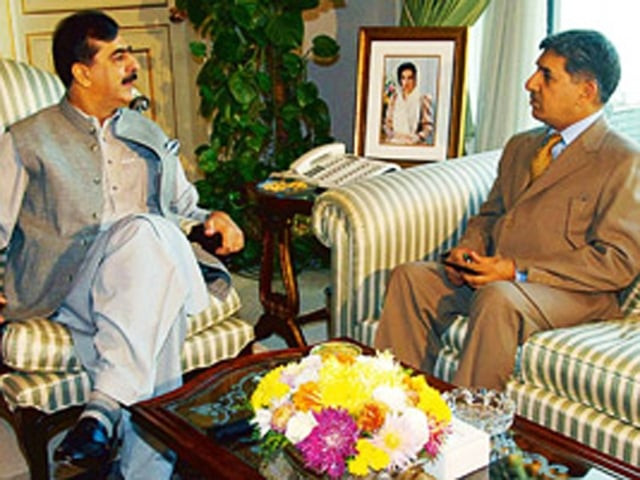Focus on intelligence
We want our intelligence agencies well-funded, with proper parliamentary and judicial oversight.

Focus on intelligence
Before we ask the Pakistan Army how much they spend on Military Intelligence (MI), we must be clear in our minds where the Inter-Services Intelligence (ISI) stands on the administration chart. Is it a civilian or a military organisation? In Pakistan, there is confusion about whose turf it is, after the PPP government tried unsuccessfully to place the ISI directly under the interior ministry.
Past events also point to confusion about its charter, especially after the creation of a ‘political wing’ in it by a prime minister. And by the time we reach the 1990s, things becomes murkier, when the ISI mounted what is known as the Midnight Jackals Operation, aimed at overthrowing the parliamentary majority of the very prime minister it was supposed to serve.
The ISI looks after external threats and provides counterintelligence against external enemies. But if you stretch the point a little, everything is kosher, and that is not very different from how ‘external threat’ agencies work elsewhere in the world. The ISI was recently rated as being one of the top ten intelligence agencies of the world. If we are looking for how much money it gets officially, hear this: It delivers meritoriously with the least amount of official money in its kitty. But, like the military, it might be raising its own funds too, which can be a bit worrying.
Why did the MNA ask to know the amounts allocated for intelligence? We think the inquiry emanates from the anxiety aroused among the public about the capacity of the intelligence agencies in general and the ISI in particular. Intelligence has generally proved ineffective against terrorism — it is often said that terrorism can be countered only through pre-emptive intelligence — and it has particularly been found wanting in the case of Osama bin Laden, who remained hidden in Abbottabad for five years.
There is also a much more serious accusation of there being no coordination among the various civilian and military secret services when it comes to creating a warning system against terrorism. This has become the biggest chink in the armour of security in Karachi. Even the 2009 terrorist attack on the GHQ was anticipated by one agency but ignored by the one directly in charge. Surely, parliament is well within its rights to ask for the details of funds spent on agencies that have failed some tests of their efficiency, especially when the money comes from the very taxpayers who make up the electorate.
There is no question that intelligence agencies, like in all countries the world over, are needed and in fact necessary — provided of course they abide by their mandate and are overseen by parliament or some form of a democratically-elected body. It is normal for states to get into periodic complications with their spies, needing the government to initiate reforms to make them function better. Neither the CIA nor RAW have been exempt from such ‘reforms’. It is no longer satisfying for the public to hear from our sleuths that acts of terrorism by the Taliban are actually orchestrated by RAW, Mossad and the CIA!
Nor is it satisfying that the ISI and CIA are engaged in a war of their own while the Taliban have a free run of the country. It will be very off-putting if it is disclosed in the end that the ISI gets its big money by simply sending little unsigned chits to the finance ministry. We want our intelligence agencies well-funded, with proper parliamentary and judicial oversight, linking their finances to their effectiveness and their ability to beat the enemy.
Published in The Express Tribune, June 10th, 2011.














COMMENTS
Comments are moderated and generally will be posted if they are on-topic and not abusive.
For more information, please see our Comments FAQ